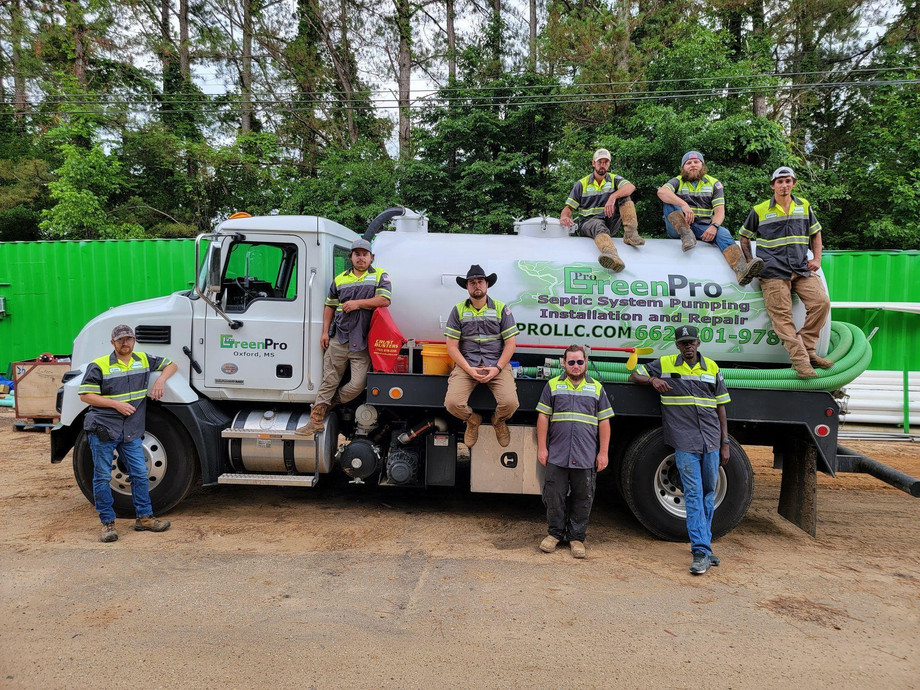Water is essential for life, and having access to clean and safe drinking water is crucial for our health and well-being. Unfortunately, tap water in many areas may contain impurities and contaminants that can affect its taste and quality. This is where water filters come to the rescue. Water filters are ingenious devices designed to remove harmful substances and improve the taste and purity of water. In this comprehensive guide, we will explore the different types of water filters, their benefits, and how they play a vital role in providing us with clean and refreshing drinking water.
Understanding Water Contaminants
Before delving into water filters, it's essential to understand the common contaminants found in tap water. These may include:
Chlorine and chloramines
Chemicals added to disinfect water but can create an unpleasant taste and odor.
Heavy metals
Lead, mercury, and other heavy metals can leach into water from old plumbing systems or industrial sources.
Sediments
Sand, dirt, and other particles can make water appear cloudy and affect its taste.
Microorganisms
Bacteria, viruses, and parasites can contaminate water sources and cause waterborne illnesses.
Chemical pollutants
Pesticides, pharmaceuticals, and industrial chemicals can infiltrate water supplies.
The Role of Water Filters
Water filters are devices designed to remove or reduce contaminants and impurities present in tap water, ensuring it is safe and pleasant to drink. These filters work through various processes, such as mechanical filtration, adsorption, ion exchange, and reverse osmosis, depending on the type of filter.
Different Types of Water Filters:
Activated Carbon Filters
Activated carbon filters are popular and effective in removing chlorine, bad tastes, odors, and some volatile organic compounds (VOCs) from water. These filters feature porous carbon that attracts and traps impurities as water passes through.
Reverse Osmosis Filters
Reverse osmosis (RO) filters use a semipermeable membrane to remove a wide range of contaminants, including heavy metals, dissolved solids, and microorganisms. RO filters are highly efficient and produce purified water suitable for drinking and cooking.
UV Water Purifiers
UV water purifiers use ultraviolet light to destroy harmful bacteria, viruses, and other microorganisms in water. This process effectively sterilizes the water without adding any chemicals.
Ceramic Filters
Ceramic filters are excellent for removing sediments, bacteria, and larger particles from water. These filters are often used in conjunction with other filtration methods for comprehensive water purification.
Ion Exchange Filters
Ion exchange filters are commonly found in water softeners. They remove calcium and magnesium ions responsible for water hardness and replace them with sodium or potassium ions.
In-line Filters
In-line filters are often used in refrigerator water dispensers and under-sink systems. They connect directly to the water line and provide continuous filtration for drinking and cooking water.
Benefits of Water Filters:
Improved Taste and Odor
Water filters significantly enhance the taste and odor of tap water by removing chlorine and other substances that contribute to unpleasant flavors.
Removal of Contaminants
Water filters are highly effective in removing or reducing various contaminants, including heavy metals, microorganisms, chemicals, and sediments.
Health and Safety
Filtered water is safer for consumption, reducing the risk of waterborne illnesses and exposure to harmful substances.
Environmentally Friendly
Using water filters reduces the consumption of bottled water, which contributes to plastic waste and environmental pollution.
Cost-Effective
Investing in a water filter can save money in the long run compared to purchasing bottled water regularly.
Choosing the Right Water Filter
Selecting the right water filter depends on several factors, such as the quality of your tap water, your budget, and your specific filtration needs. Before purchasing a water filter, consider conducting a water quality test to identify the contaminants present. This will help determine the most suitable type of filter for your situation.
For More Info:-
septic tank cost in mississippi
Comprehensive Services for septic installation

























